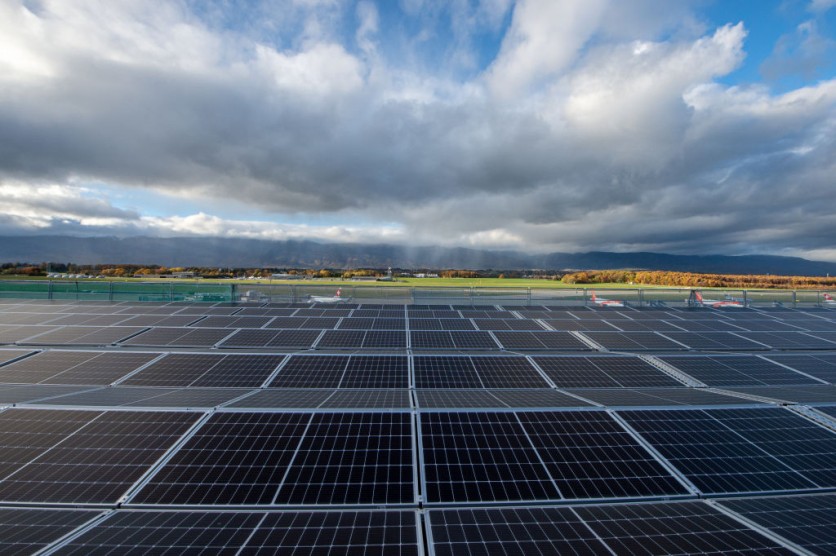Several Turkish businesses are turning to solar power systems to escape skyrocketing electricity expenses brought on by a devaluation of the currency and a rise in international energy prices, according to a report by Bloomberg.
Mustafa Yilmaz, head of Turkey's energy market regulator, said that over 300 enterprises had requested permission to deploy solar panels in the past two weeks.

Skyrocketing Demand for Solar
Turkey's demand for solar energy has skyrocketed since last year when rising gas prices and a devaluation of the lira caused business electricity rates to skyrocket.
The decrease in the lira's value and the rising energy costs proved to be double trouble for the country. It was even made worse by the ongoing Russia-Ukraine war, compromising supply chains and increasing energy prices worldwide.
Turkey permits companies to use renewable energy sources to generate electricity for their own needs, but earlier this month made it easier for them to sell any excess energy back to the grid.
The shining light of the crisis came in the form of a fresh boost for the renewable market.
According to Erkin Kilinc, general manager of its energy division Enerjicell, Turkey's largest mobile operator, Turkcell expects to meet 65% of its energy needs through renewable sources in the next years.
He told Bloomberg that their yearly energy expenses will be reduced by $90 million by 2025 once their solar energy projects are finished.
Read also : 'Solar Facade': These Embedded Solar Panels Produce 50 Times More Power Than Standard Panels!
9,000 Solar Power Plants
Only 1,000 small solar power plants were operated by businesses for their own requirements in 2017, but there are now more than 9,000 of them, according to Bloomberg.
Turkey now has roughly 9 gigawatts of installed solar power, a significant increase from almost having nothing a decade ago and enough to supply the energy demands of millions of homes.
Banks' accessible green finance alternatives have also boosted the use of renewable energy when many companies are having trouble getting loans for other endeavors.
This year, green developments in Turkey will be financed with €500 million ($522 million) from the European Bank for Reconstruction and Development (EBRD). Last month, commercial lender Garanti BBVA doubled its allotment for green finance from €200 to €300 million ($222 - $322 million).
According to Garanti BBVA Chief Executive Officer Recep Bastug, manufacturing companies are investing more in solar energy for self-consumption than energy companies.
He claimed that more healthy enterprises are choosing this side and that their main focus is now set on financing their requests.
The energy crisis is not isolated to Turkey. The whole world is also contending with increased electricity costs with the ongoing inflation and the supply chain bottlenecks brought forth by the Russia-Ukraine war.
However, the crisis is also prompting several countries to turn to renewable sources of energy at a time when climate change concerns are urging countries to opt for green and clean energies.
Related Article : 'Solar Rooftops:' Farmers Are Using Distributed Solar Panels On Walls and Roofs To Promote Green Farming

![Apple Watch Series 10 [GPS 42mm]](https://d.techtimes.com/en/full/453899/apple-watch-series-10-gps-42mm.jpg?w=184&h=103&f=9fb3c2ea2db928c663d1d2eadbcb3e52)



